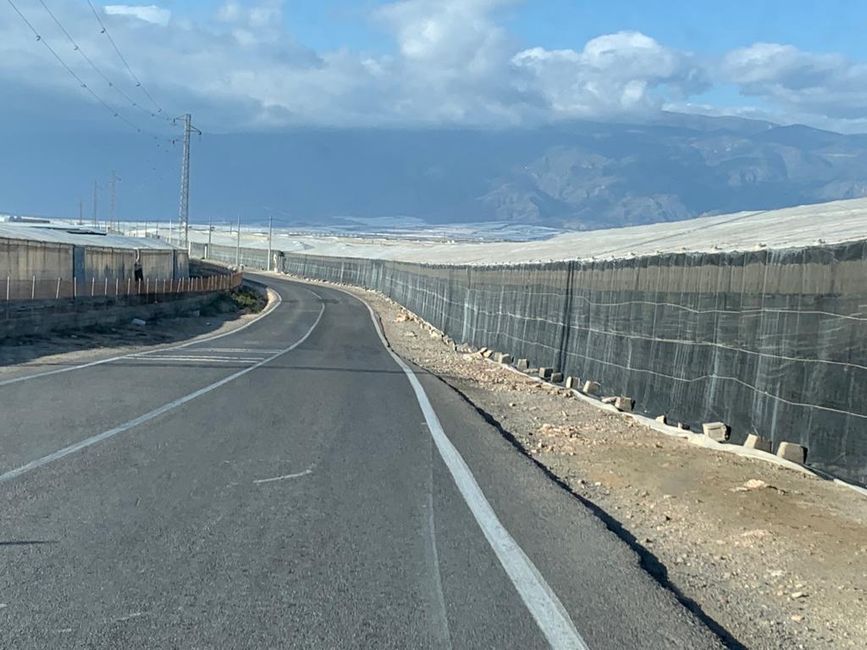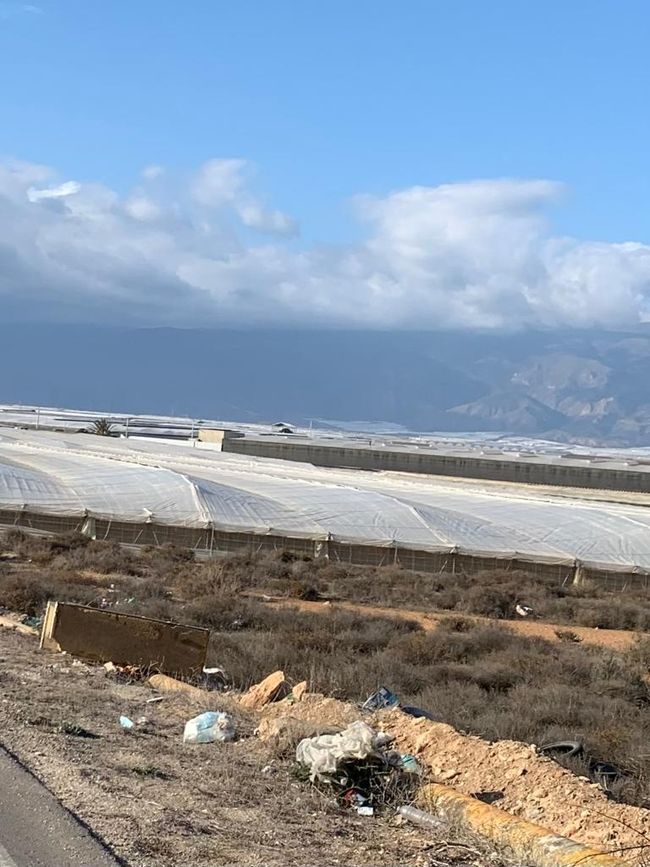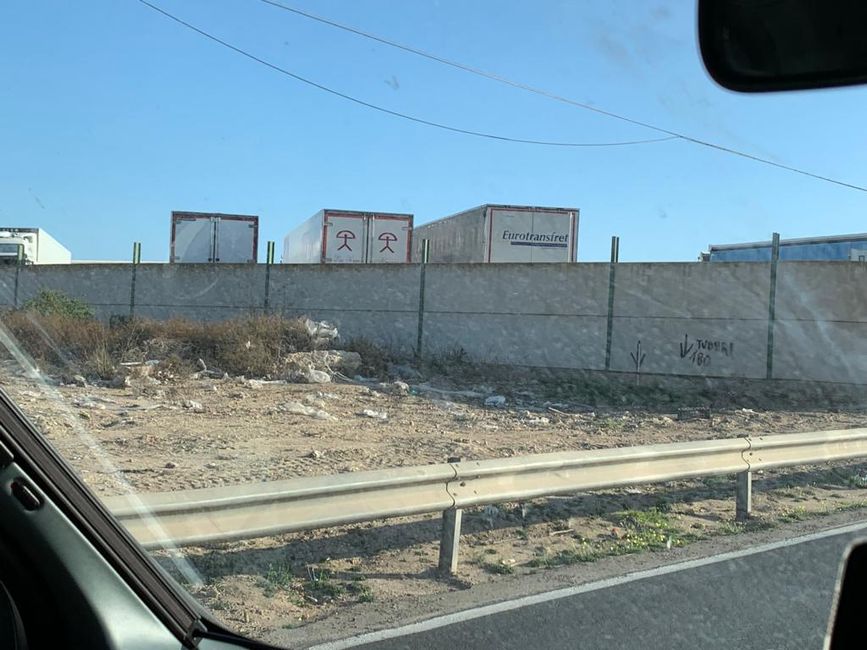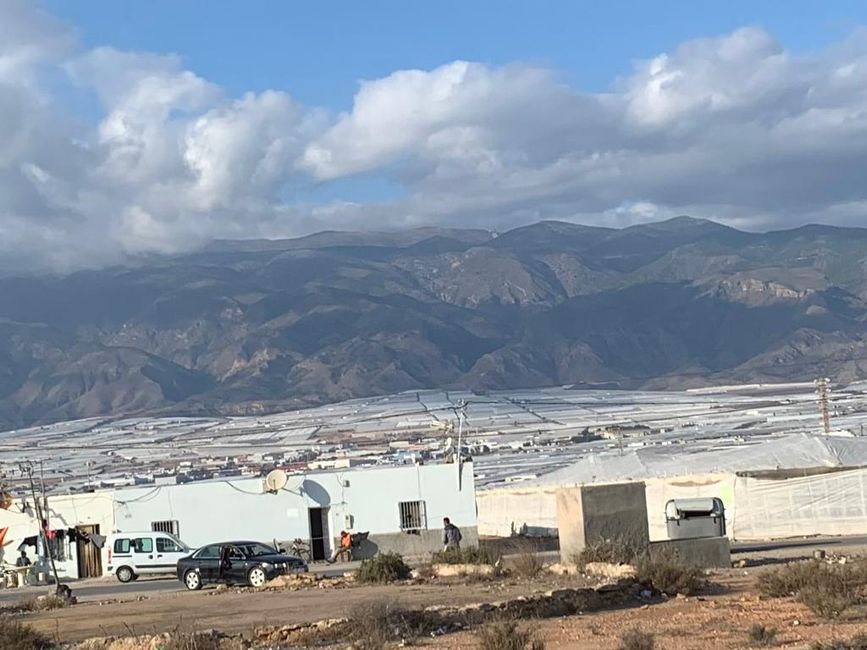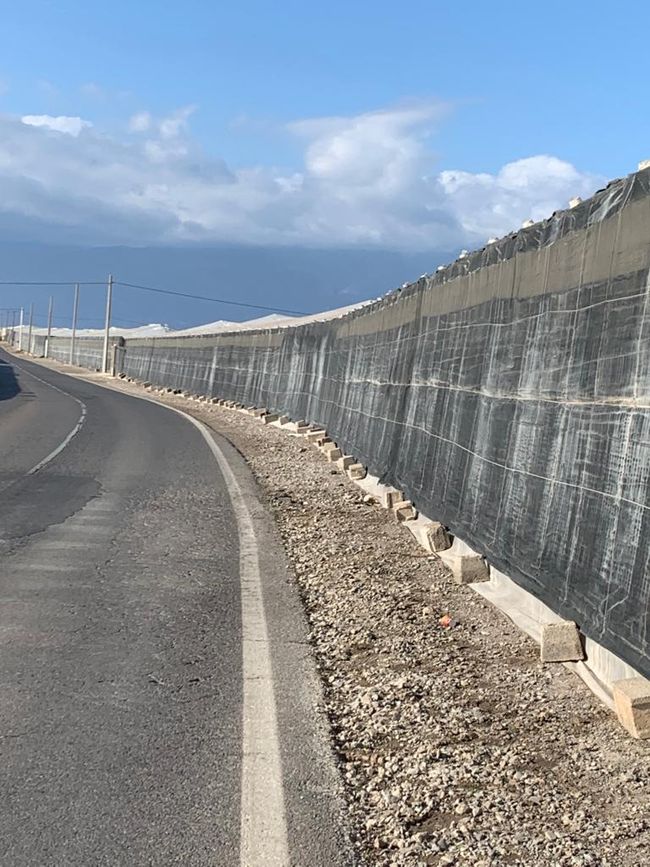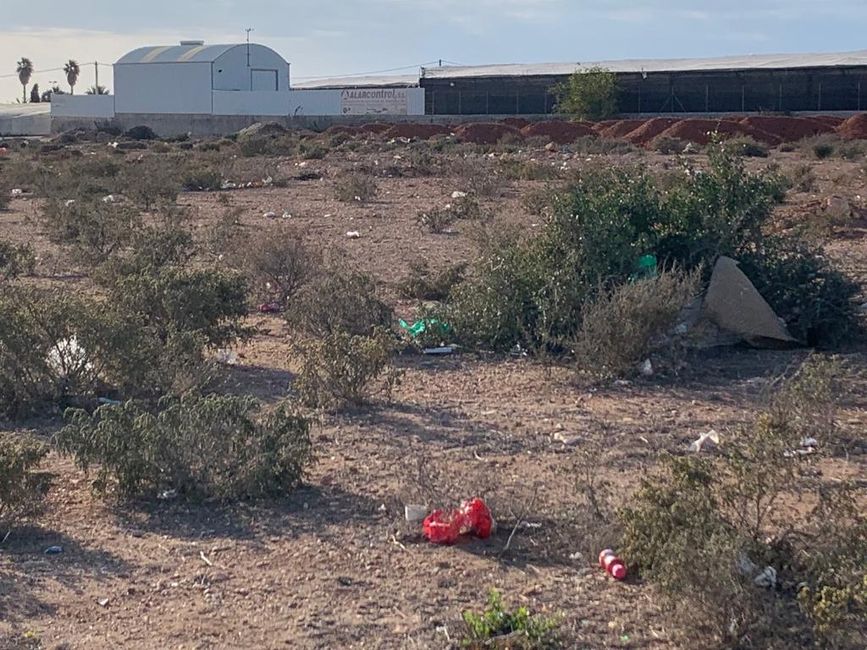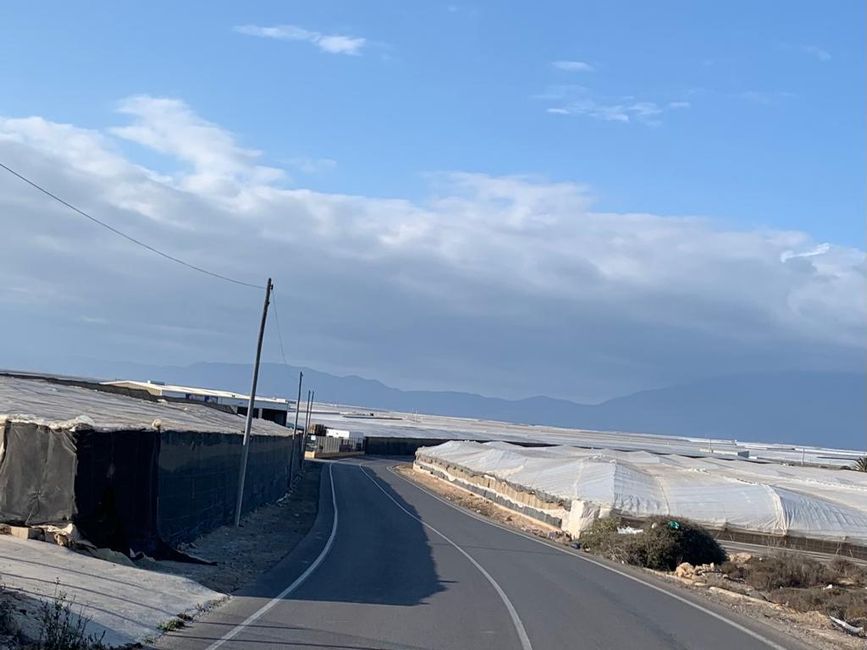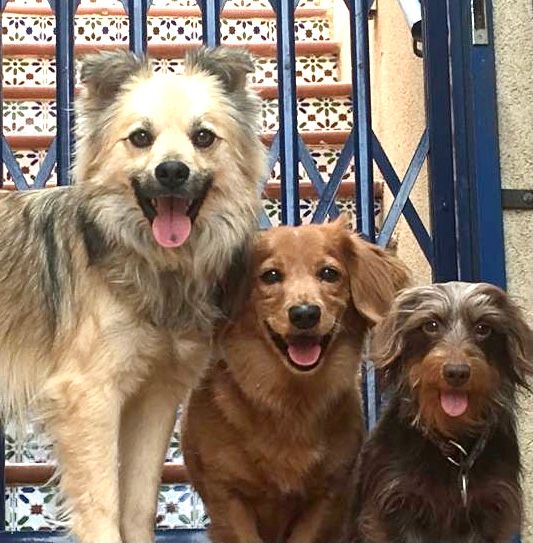
Vier Reifen und zwölf Pfoten
vakantio.de/vier-reifen
100 meters away from sun, beach and sea
പ്രസിദ്ധീകരിച്ചു: 14.02.2022
വാർത്താക്കുറിപ്പിലേക്ക് സബ്സ്ക്രൈബ് ചെയ്യുക
#20 - Aguadulce
Sunday afternoon. Brilliant sunshine. While we observe the march of the rich and beautiful around the harbor from high above the window and see the cafes and restaurants slowly fill up, we decide to take a little trip into the hinterland of Aguadulce.
As a young boy, Weber Tom was my best friend. To distinguish between the many Toms, the last name was simply put before the first name - the other way around would have sounded too formal. So you immediately knew which Tom was being talked about. He had roughly the same build as all of us, but he could do something that everyone envied him for: he could throw far, really far! While I dislocated my arm trying to sniff out around 40 meters in sports class with the ball, he let the 80 gram heavy leather ball sail onto the roof of the gymnasium with a smile on his lips and grinned cheekily because our sports teacher cursed loudly about the lost ball.
No one knew exactly how far Weber Tom actually threw, but it may have been about as far as the distance between heaven and hell in Aguadulce. About 100 meters inland, away from the sea, beach, restaurants and souvenir shops, away from the thousands of people who spend Sundays here with their loved ones in the sunshine, another world opens up. Here, one greenhouse follows another on barren, dry ground, square, packed in dark plastic with heavy ropes. If a narrow strip of land gets lost in between, it is covered with rubbish, mostly plastic.
At the edges of the well-developed roads between the plastic halls, simple huts made of wood and old stones loom, held together laboriously by thin steel cables and worn-out cords made of hemp or other materials. In front of the front door, an older man with black skin color dangles his underpants and socks on a clothesline, while a few younger ones stand by and crack jokes.
The gloomy, artificial, bleak atmosphere that hangs over this stretch of land does not bother it. It is certainly tied up in a sea of thick plastic. 50 times 20 kilometers in size, an area equivalent to 35,000 football fields. Everything under foils. Here the word greenhouse fits. Here everything is driven, pressed, pushed. Faster, bigger, heavier. Everything grows here in fast motion. It is the fruit and vegetables that we buy in the supermarket in winter. Each of us.
The money we save doing this pays the nature. Since it hardly rains in Andalusia, the sophisticated saving measures of the farmers are no longer sufficient. They have to tap into the groundwater so that they can harvest their crops from the greenhouses. The result: the soil dries out. The sand deserts are getting bigger from year to year.
And so that the euro rolls - about 3.3 billion euros in profit per year - production is of course also carried out here in summer. Around 100,000 workers then toil endlessly long hours a day in 50-degree hot, pesticide-contaminated air - most of them as illegal immigrants. They spend at least three years trying to make themselves indispensable to their company without any rights or protection. This is the prerequisite for getting an employment contract that promises a collective wage.
This is also Spain, Andalusia. 100 meters away from sun, beach and sea.
വാർത്താക്കുറിപ്പിലേക്ക് സബ്സ്ക്രൈബ് ചെയ്യുക
ഉത്തരം
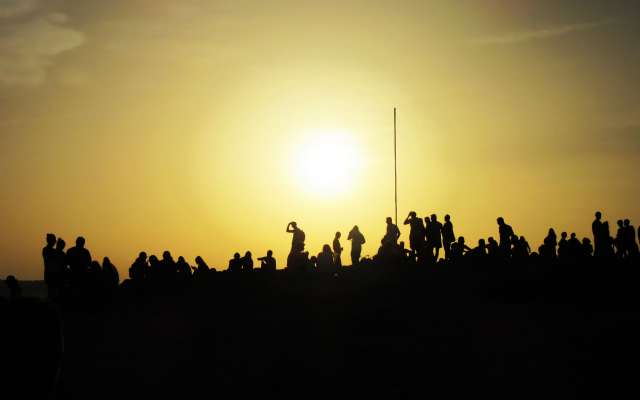
യാത്രാ റിപ്പോർട്ടുകൾ സ്പെയിൻ

